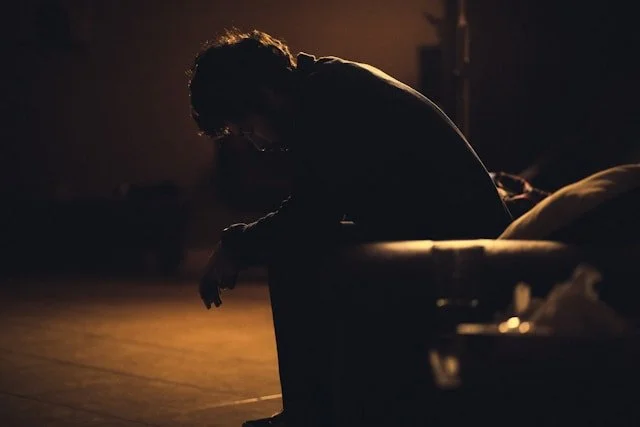For many LGBTQIA+ adults, growing up wasn’t just a matter of discovering one’s identity; it also meant surviving in a world that often didn’t make space for that identity to safely exist. As adults, we might find ourselves mourning something we never had: a safe, affirming, and loving childhood. This experience of grieving the childhood you deserved is both real and valid, and acknowledging it is an important step toward healing.
What does it mean to grieve a lost childhood?
Grieving a lost childhood doesn’t always involve clear-cut trauma. Sometimes, it’s the accumulation of subtleties: the silence after coming out, the absence of LGBTQIA+ role models, the pressure to conform, or the moments we swallowed parts of ourselves to stay safe or be accepted.
For some, the grief stems from overt rejection, like being bullied, shamed, or even disowned by family and friends. For others, it’s the grief of invisibility. Maybe your queerness was ignored or erased, or perhaps you internalized early messages that taught you to hide your truth. Whether the wounds were sharp or silent, they mattered.
This grief is complex because it’s a mourning of what should have been: a supportive parent, a school where you could have been out without fear, a childhood free of shame.
Why naming the grief matters
Many LGBTQIA+ people move into adulthood carrying this invisible grief without realizing it. We might feel anxious in relationships, wary of our own joy, or deeply uncomfortable with vulnerability. These reactions often trace back to the unspoken message we received growing up: your identity is not acceptable.
Naming this grief allows us to understand that some of the sadness, anger, or emptiness we feel has roots. It helps us shift from internalizing blame (“What’s wrong with me?”) to externalizing the harm (“I didn’t get the safety and love I needed because of how society treats people like me.”)
Acknowledging this pain isn’t about staying stuck in the past. It’s about honoring what you went through and that you deserved better.
The unique layers of LGBTQIA+ grief
Grieving as an LGBTQIA+ person often intersects with other marginalized identities. A queer Black person might grieve how their family’s or community’s beliefs about queerness compounded their pain. A trans person may grieve not just emotional support, but the absence of gender-affirming language, clothes, or names. Someone who’s ace or aro may grieve a lack of understanding about their identity, even now in adulthood.
This grief is layered and nonlinear. It might show up unexpectedly: triggered by a film, a conversation, or seeing a child celebrated for their self-expression. It’s okay to feel jealous, angry, or sad.
Healing is possible
Healing doesn’t mean pretending your pain never existed. It means learning to love the parts of you that were once shamed, and offering yourself the safety and validation you might’ve never received. Try these strategies:
Reparenting yourself
This involves giving yourself what your younger self needed: compassion, affirmation, and care. You might write letters to your younger self, speak kindly to yourself in moments of distress, or create rituals that honor your identity.
Finding chosen family
Surrounding yourself with people who affirm and celebrate you can be deeply reparative. Those we intentionally build community with, our chosen family, can offer the support that may have been absent in your upbringing.
Creating joyful queer memories
Healing also means creating joyful, affirming experiences. Go to Pride events. Wear what makes you feel most yourself. Celebrate your identity in small and big ways. These moments help rewrite the narrative that your queerness is something to hide.
Getting help
For some people, their lost childhood is a trauma that’s hard to heal from alone. If that resonates with you, reach out to us today. Through gay men’s counseling, you can explore the roots of what was missing, how to show up for yourself today, and how to properly grieve.

